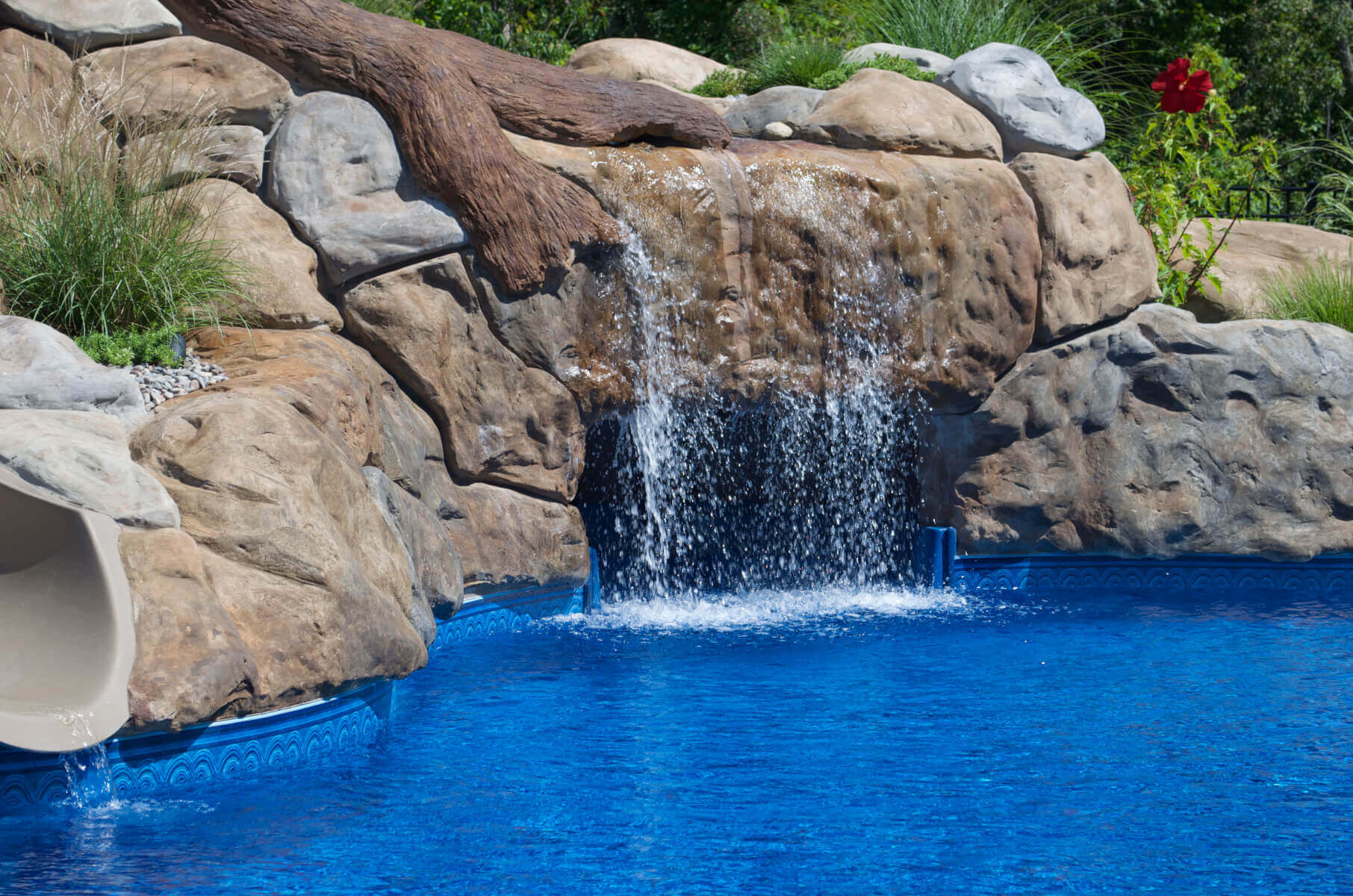Are you a new pool owner wondering about the shelf life of salt in your pool? Or, are you thinking of converting your chlorine pool into a saltwater pool and wondering how long the salt will serve you? Whatever your reason may be, understanding how long salt lasts in a pool is essential for maintaining the health and longevity of your pool’s saltwater system. In this article, we will dive into the factors that affect the lifespan of salt in a pool and provide you with essential insights to help you maximize the life of your pool’s saltwater system.

Credit: pettispools.com
Factors That Affect Salt Lifespan In Pools
Salt is a popular alternative to traditional pool chlorination, but how long does it last? Several factors affect the lifespan of salt in a pool, including chlorine demand and ph level. Weather conditions, such as high temperatures and heavy rainfall, can also impact salt longevity.
The frequency of pool usage and the size of the pool play a role, as the more the pool is used, the more salt is required. Finally, the type of salt used in the pool can affect its lifespan. By considering these factors, pool owners can ensure their salt lasts as long as possible, saving them time and money in the long run.
Methods To Determine Salt Levels In The Pool
Salt is an essential component of a saltwater pool, but it can be hard to know how long it will last. Luckily, there are a few different methods that can be used to determine the salt levels in the pool.
One way is to use chemical test kits, which measure the concentration of salt in the water. Another method is to use salt water generators, which produce chlorine from the salt in the water. Finally, digital salt meters can be used to accurately measure the salt levels in the pool.
By using these methods, pool owners can ensure that their saltwater pools are properly maintained and safe for swimming.
9 Common SALT WATER POOL MAINTENANCE Mistakes | Swim University
Signs Of Low Salt Levels In Pools
Salt is a crucial component in maintaining a healthy and clean swimming pool. Low salt levels in a pool can lead to a range of issues that can affect the quality of your pool water. One of the most common signs of low salt levels is itchy skin and red eyes.
The lack of salt in the water can cause skin irritation, which leads to itchiness and redness in the eyes. Additionally, low salt levels can lead to corrosion of metal pool components, such as ladders and rails. Cloudy water and algae growth are also common symptoms of low salt levels.
Poor water circulation is another problem that can arise due to low salt levels. Regularly testing the salt levels in your pool can help you identify these issues and take action to maintain your pool’s health.
Tips To Extend Salt Lifespan In Pools
Salt is a cost-effective and safe alternative to traditional chlorine for keeping pools clean and sanitized. However, it’s important to understand the lifespan of salt in pools and how to extend it. One way is through proper maintenance and cleaning, which includes regularly brushing the pool’s walls and tiles and vacuuming the floor.
To maintain ph levels, chlorine demand, and stabilizer levels, daily testing and adjustment is crucial. Using a pool cover can also prevent evaporation and keep debris out, reducing the amount of salt needed. Regulating water temperature can also help preserve pool chemistry.
Finally, regular salt cell maintenance can extend the lifespan of salt and reduce the need for additional salt. By following these tips, you’ll enjoy a longer lifespan for salt in your pool and save money in the long run.
Frequently Asked Questions For How Long Does Salt Last In A Pool
Q: How Long Does Salt Last In A Pool?
A: salt can last for years in a pool if it is properly maintained and the levels are balanced.
Q: How Often Do I Need To Add Salt To My Pool?
A: it depends on how much water your pool holds and how much salt it needs. On average, it is recommended to check and adjust salt levels every month.
Q: Can High Salt Levels Damage My Pool Equipment?
A: yes, high salt levels can cause corrosion and damage certain pool equipment such as metal parts and concrete surfaces.
Q: Can I Swim In My Pool While Adding Salt?
A: it is recommended to wait at least 24 hours after adding salt to your pool before swimming, to allow the salt to fully dissolve and distribute evenly.
Conclusion
The length of time that salt lasts in a pool depends on several factors. The type of salt used, temperature, ph levels, and the number of swimmers can all impact its lifespan. However, with proper maintenance and regular testing, you can ensure that your salt stays effective for up to several years.
It’s important to remember that regular upkeep of your pool water is crucial to ensuring its longevity and cleanliness. So, be sure to regularly check your pool and make any necessary adjustments to keep it running smoothly.
